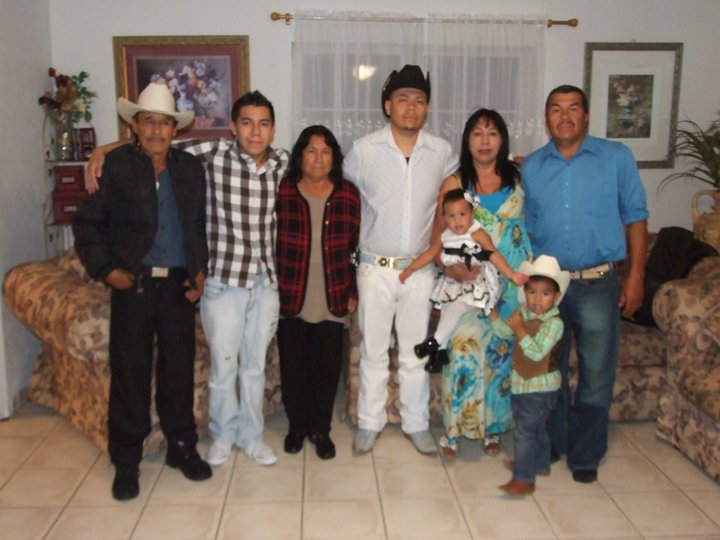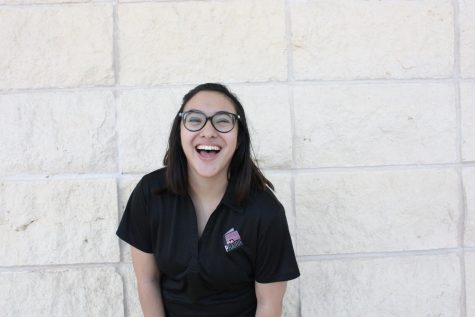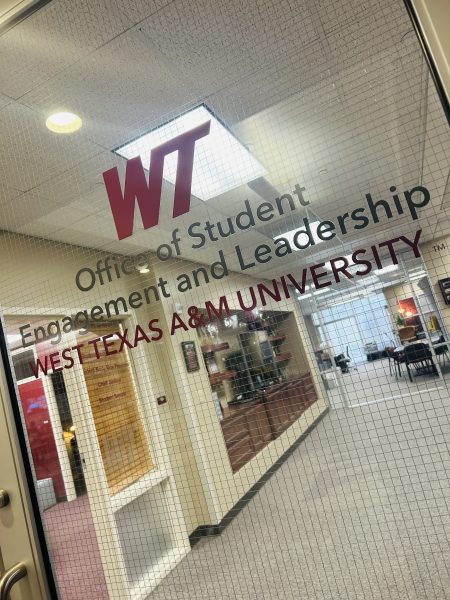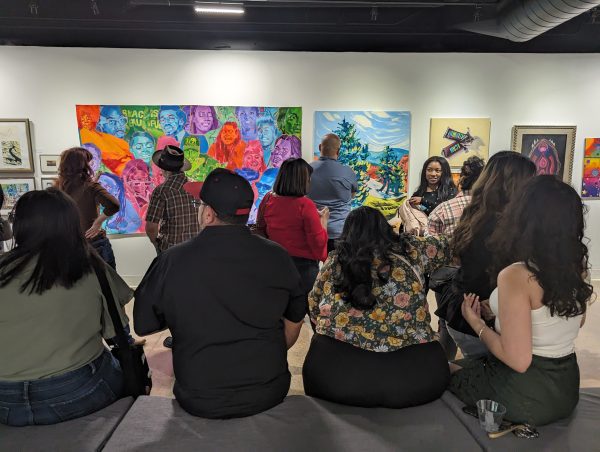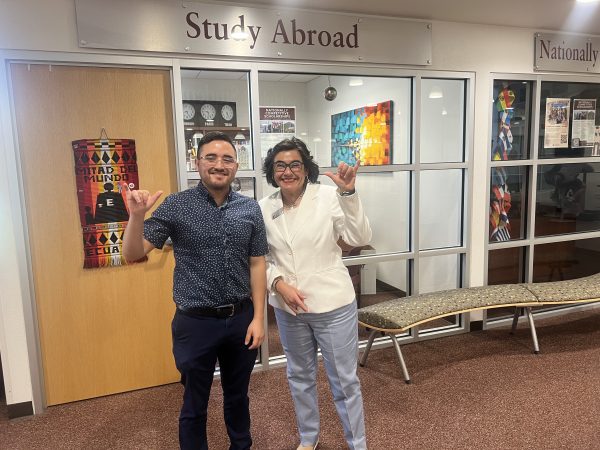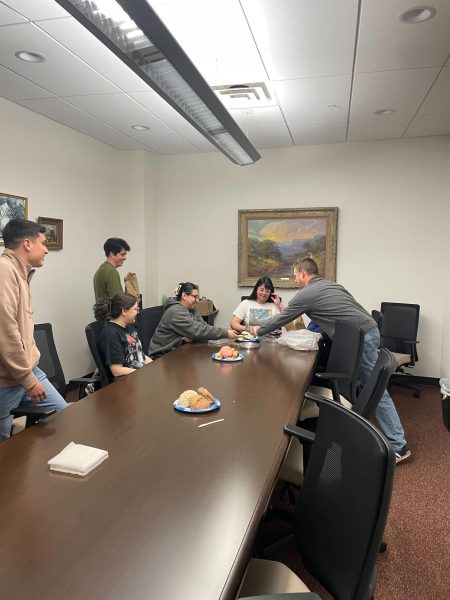DACA students reflect on life in the United States
Photo Courtesy of Julio Salazar
Picture from 2010, the last time Salazar (second from the left) and his family were together.
September 22, 2018
In 2010, Julio Salazar’s uncle was murdered in a cartel shootout in Juarez, Mexico. His mother went to Mexico for the funeral and was not allowed back into the United States. Around the same time, Salazar’s father was also deported.
“I was 17 when I was on my own,” Salazar said.
“I was probably about a year old when we came over,” said Salazar. “I took my first steps here in the U.S. and grew up in Amarillo.”
Salazar is a pre-med student at West Texas A&M University and one of nearly 800,000 active recipients of the Deferred Action for Childhood Arrivals program. The DACA program aids many individuals and allows recipients to work and pay for college.
“I had private scholarships that I used to pay my first few semesters through WTAMU.” Salazar said. On top of scholarships, Salazar pays out of pocket.
“Cost will not stop me.”
With DACA being reviewed, the chance of the program being repealed could mean deportation for many people.
“It was a terrifying reminder that even though I feel American in my heart, I am not, under the eyes of the law,” said Salazar.
With opportunities DACA offers, various individuals are given the chance to attend college.
Itzel Anett Enriquez, junior, secondary math education, is politically active when it comes to DACA. She was born in Ciudad Juarez, Mexico and lived there for a year. She graduated high school from Bovina, TX. Enriquez is a first-generation college student and a DACA recipient.
“I’ve lived here my entire life,” Enriquez said. Enriquez’ parents always pushed her to get an education. “I always knew I wanted to go to college.” Her goal for the future is to “just be a good teacher,” she said.
With talk of repealing DACA, “Dreamers” are at risk of being deported. Most DACA recipients have spent their lives in the U.S. and consider themselves Americans.
“It’s like taking an [American] citizen and putting them in Mexico,” Enriquez said.
As far as politics go, many are concerned with changes being made.
“I think the fact we’re putting people in cages is ridiculous,” Enriquez said when talking about the detention camps.
“If [DACA] gets repealed, I can’t teach,” Enriquez said. “If I go back, I completely start over.”
The Deferred Action for Childhood Arrivals program was created by the Obama administration. DACA allows young individuals to remain in the U.S. with temporary protection from deportation.
Most “Dreamers” know they are going to college. Many don’t know how they are going to pay for it.
To pay for college Enriquez does the paper FAFSA, has Texas grants, as well as scholarships. Enriquez also works in residential living as a hall director.
“They have the same opportunities any other students have.” said Velma Murillo Perez, director ofthe scholarship office. “The difference is students don’t think it applies to them”, so many don’t apply, Murillo Perez said.
As more changes are made to DACA, people are coming forward to share their story and support for “Dreamers”.
“When people ask me what I am? I say American. As Dreamers we love our culture, we love being Latinx, we love our roots, however we love this country and its values. We don’t drain the system, we are young educated individuals, with no criminal records or we wouldn’t be able to apply for DACA,” Salazar said.



